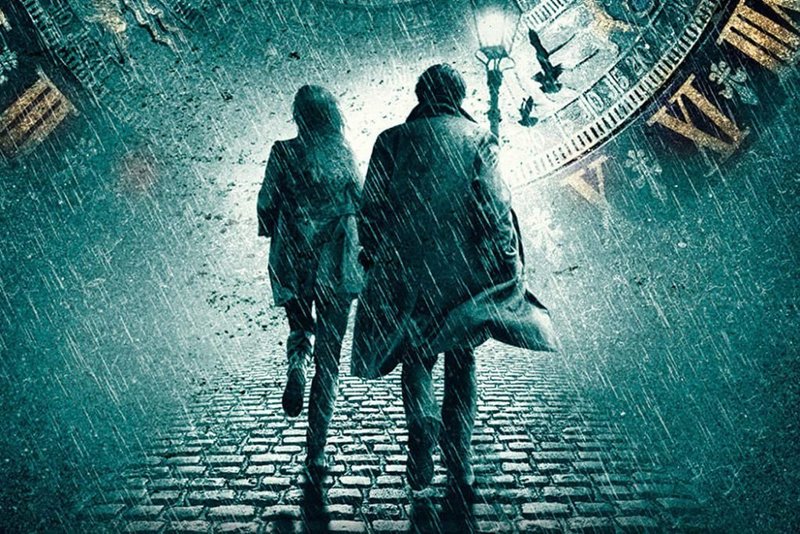Book: How Everything Became War and the Military Became Everything by Rosa Brooks
WriterShelf™ is a unique multiple pen name blogging and forum platform. Protect relationships and your privacy. Take your writing in new directions. ** Join WriterShelf**
WriterShelf™ is an open writing platform. The views, information and opinions in this article are those of the author.
Article info
Categories:
⟩
⟩
⟩
⟩
⟩
⟩
Tags:
Date:
Published: 2017/11/15 - Updated: 2020/05/28
Total: 1079 words
Like
or Dislike
About the Author
Got a suggestion for a good read? Leave it in the comments!
More from this author
More to explore












People are angry that the Russians interfered in the 2016 US elections. Rightly so. The idea that Putin's Kremlin worked to put a thumb on the scales is almost unthinkable. But are elections fair game in modern warfare? Reading Rosa Brooks' How Everything Became War and the Military Became Everything, the answer is clear. Yes, they are.
But that's not the main point of her book. She has a larger message and a more troubling one. The legitimacy and role of information warfare is just fallout from what she describes.
It may seem self-evident, but for societies the distinction between war and peace is important. When a people are at war, basic rules are different. In war it's OK to kill. It's OK to take prisoners and implement martial law. The Bush administration argued that it's OK to torture.
In war, many things are different.
Having different norms for wartime and peacetime is acceptable because, traditionally, periods of war and peace have been clear. Throughout history, soldiers mobilized, marched off to war and then returned to civilian life when the conflict ceased. Nations declared war, fought and resumed normal times. Brooks cites a wide range of examples, one of the more striking being Navajo culture where warriors switched to an entirely different dialect when they headed off for battle.
War was a line you crossed deliberately and separated yourself from after it was over. No more.
Brooks argues that technology and modern conflict have blurred the distinction between war and nonwar into insignificance, or at least a new gray area. This is the new, new thing. As Brooks puts it, “War has burst out of its old boundaries.”
The main driver is, of course, 9/11 and the war on terror. We now see ourselves fighting terrorists everywhere, all the time.
When everything becomes war, for the US at least, the military has become the primary way we deal with the world. “Give money to the military and let them deal with it.” Brooks lays out how the military is now tasked with many more things than ever before, from establishing civilian security, basic services to governmental legitimacy. Everything left of boom.
As a result, the US military now constitutes the largest actor in US foreign policy. Forget the State Dept. Forget USAID. Those organizations are seriously outgunned in every category that counts. In terms of personnel, technology or dollars, however you want to measure, it's not even close. The military runs rings around everyone else.
Congress and the president dump endless money into military budgets and America increasingly treats the military as an all-purpose tool for fixing anything that happens to be broken.
As a result, the military puts plans in place and boots on the ground. And they are doing it their way, following the rules of war rather than the rules of peacetime. And doing much of in secret.
+
The military is up to the task and is responding to their larger mandate with changes to military doctrine that now officially recognize pre-conflict operations as part of their official approach. Military involvement in a given situation is broken down into six phases. From an EastWest Institute study on the influence of the military on U.S. foreign policy.
Six-phase spectrum of military operations
The first two phases, shape and deter, are designed to avoid the need for conflict. One way to do that is to convince your adversary that they don't want war or to take political action to ensure that national leaders don't choose war. Get the right guys elected and you'll always have friends. Or just sow sufficient confusion to nudge foes into self-inflicted disarray.
Dig a little deeper and the policy is even clearer. The US Joint Chiefs are helpful with their Public Intelligence.
+
So one job of the military is to influence foreign populations and governments so they do what the US government wants. Who's to say that affecting the results of elections isn't fair game? This is a slippery slope.
But it's also not only a US phenomenon. Both China and Russia recognize that the rules of war have changed and are on the record saying as much. Brooks sites the material.
Given that the rules of traditional warfare are out the window and nations are operating in a gray zone between traditional notions of war and peace, why shouldn't the Russians meddle in our elections? And what's to keep us from returning the favor?
So here's the basic problem: If we can’t tell whether a particular situation counts as “war,” we can’t figure out which rules apply. We can't tell whether we should seek a military solution to the problem or find some other way.
Brooks gives us plenty to think about.